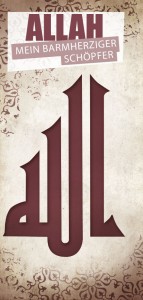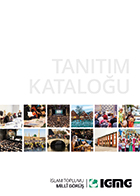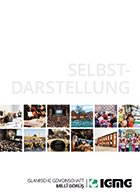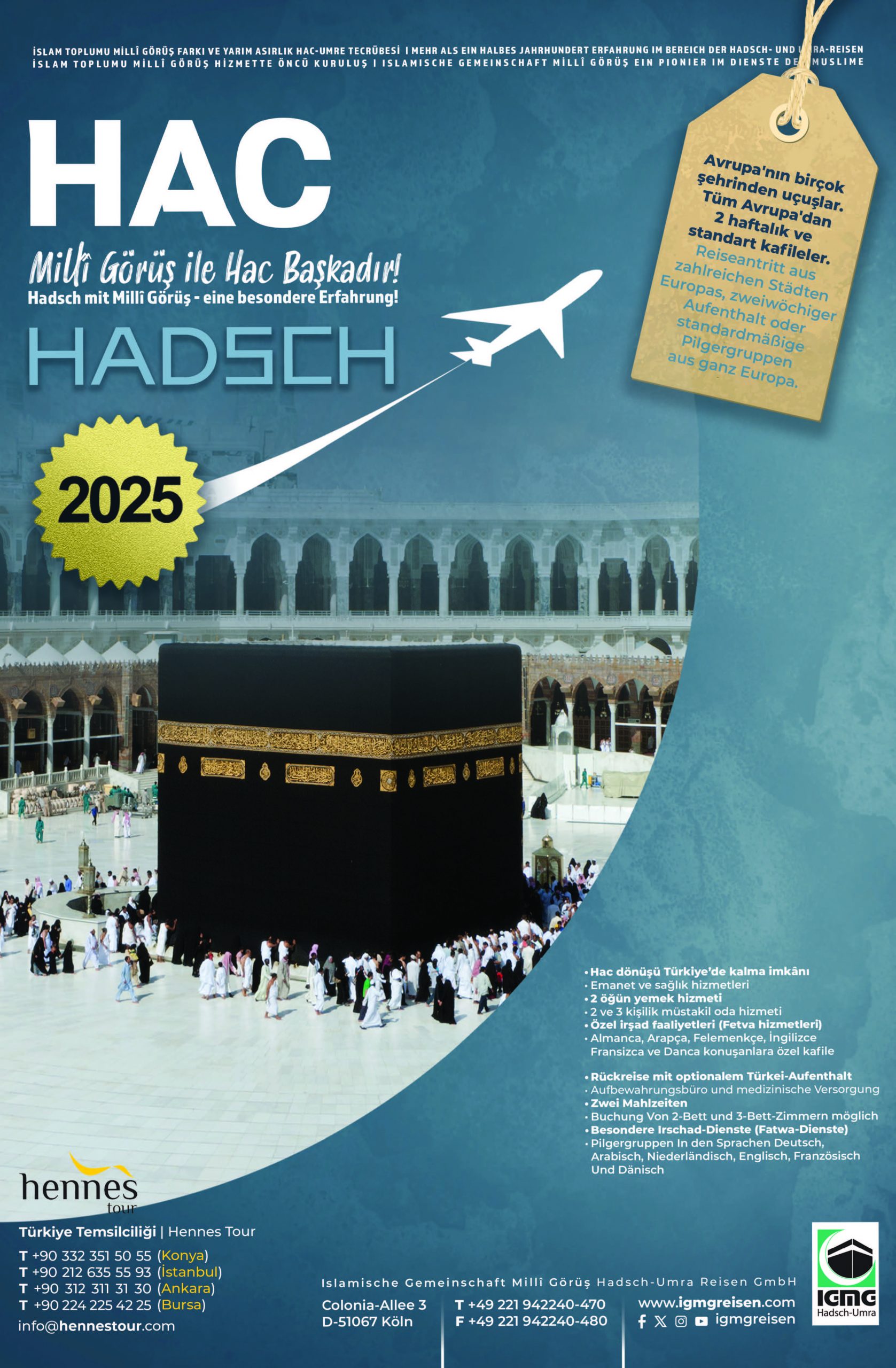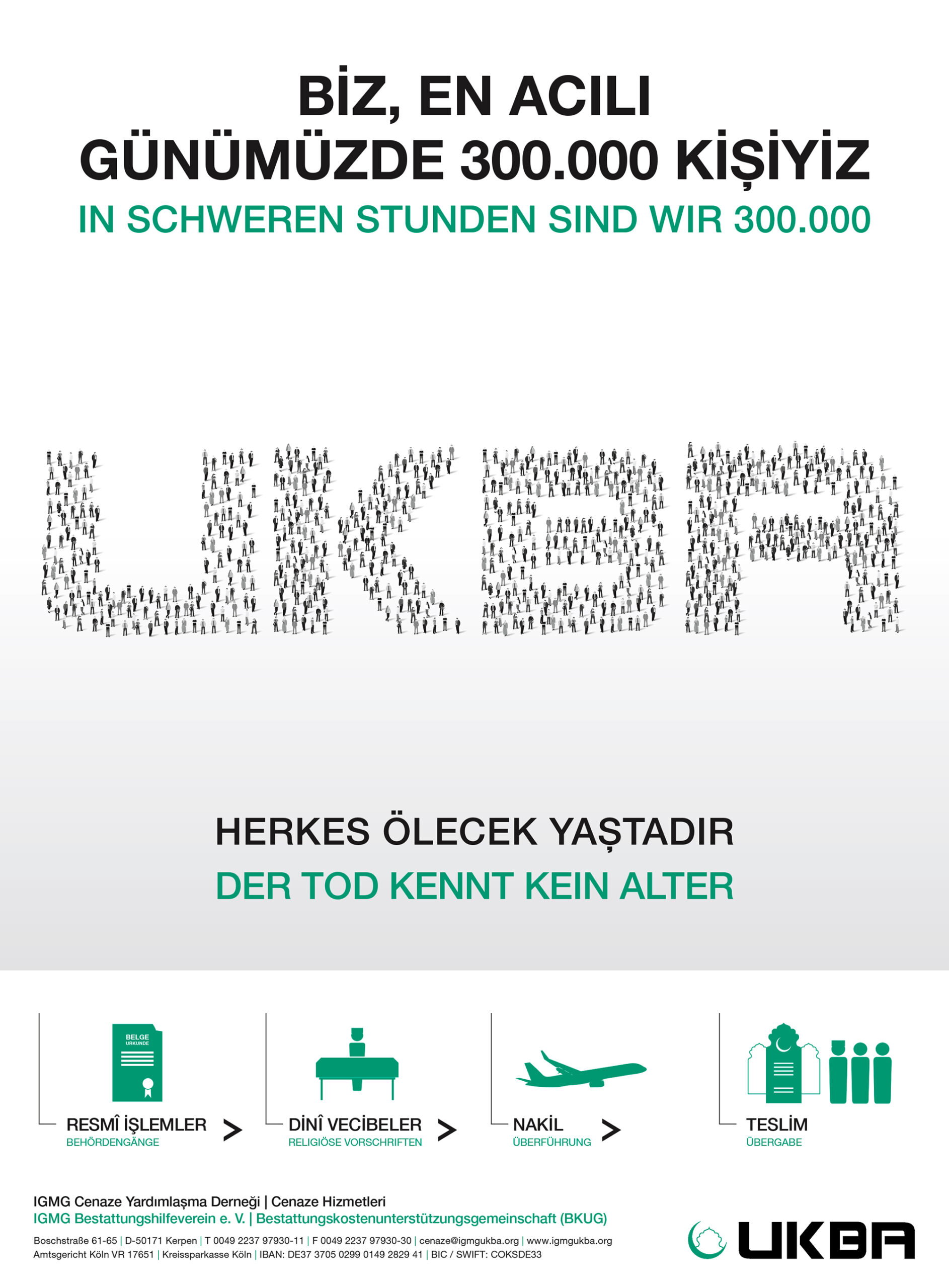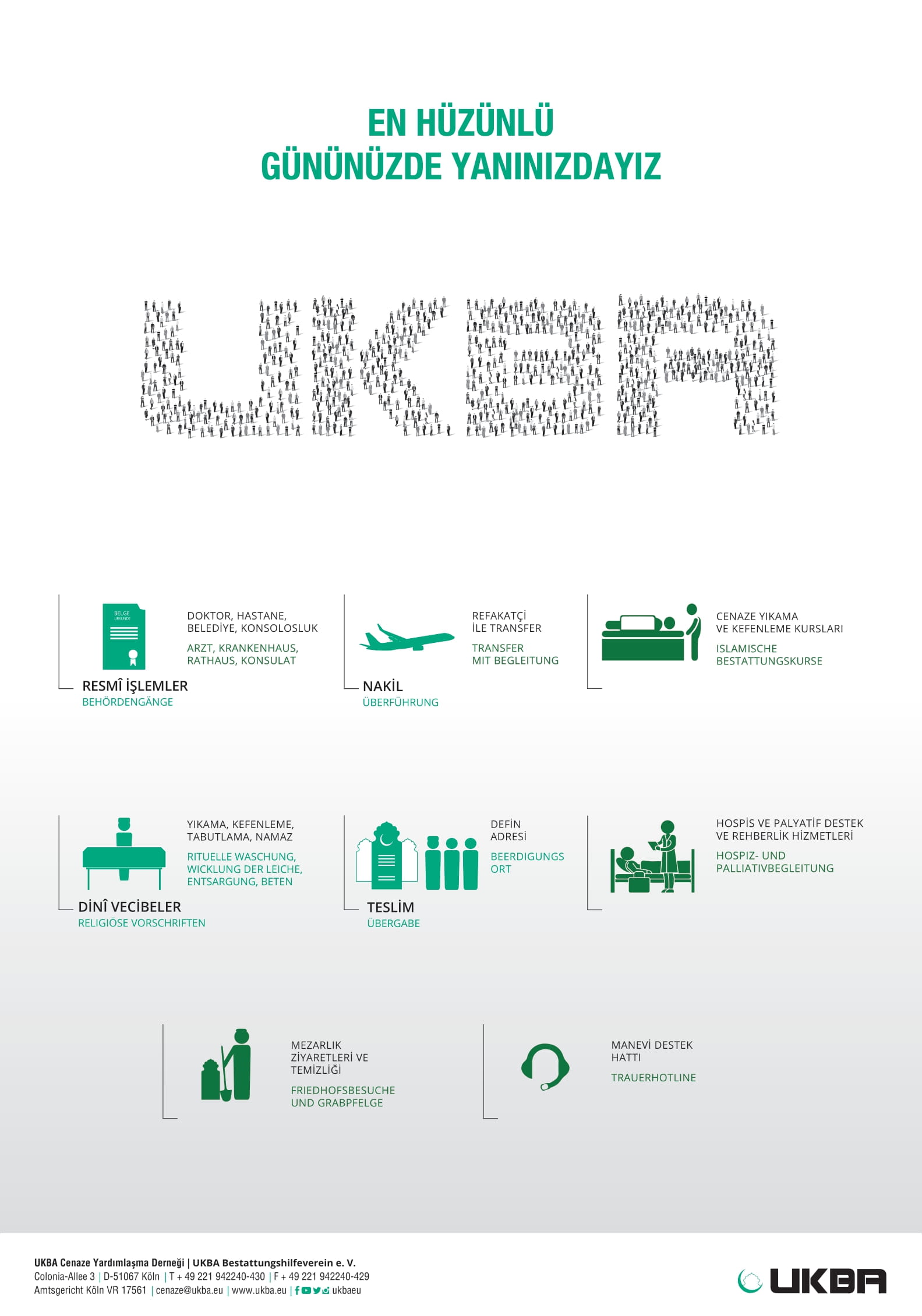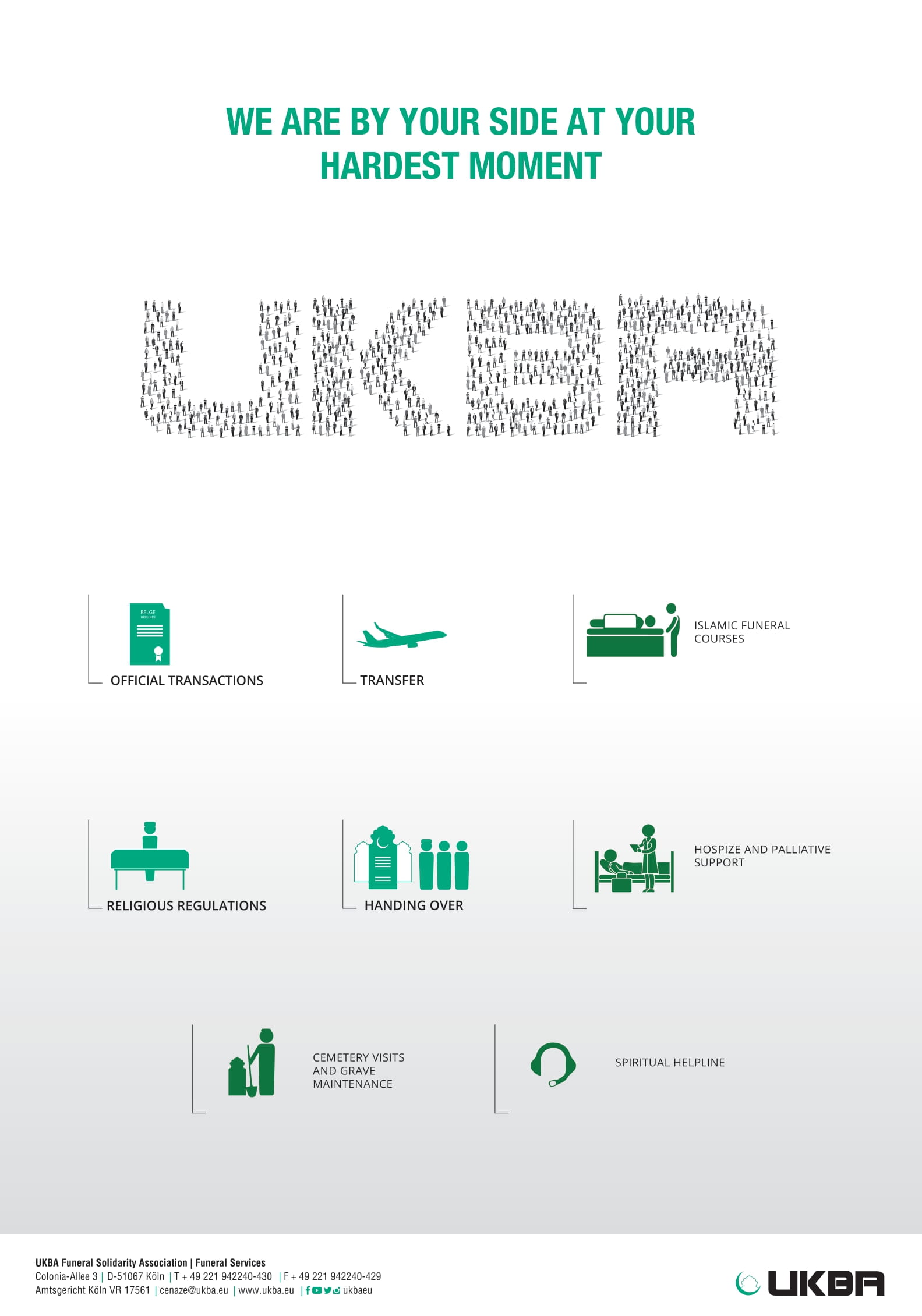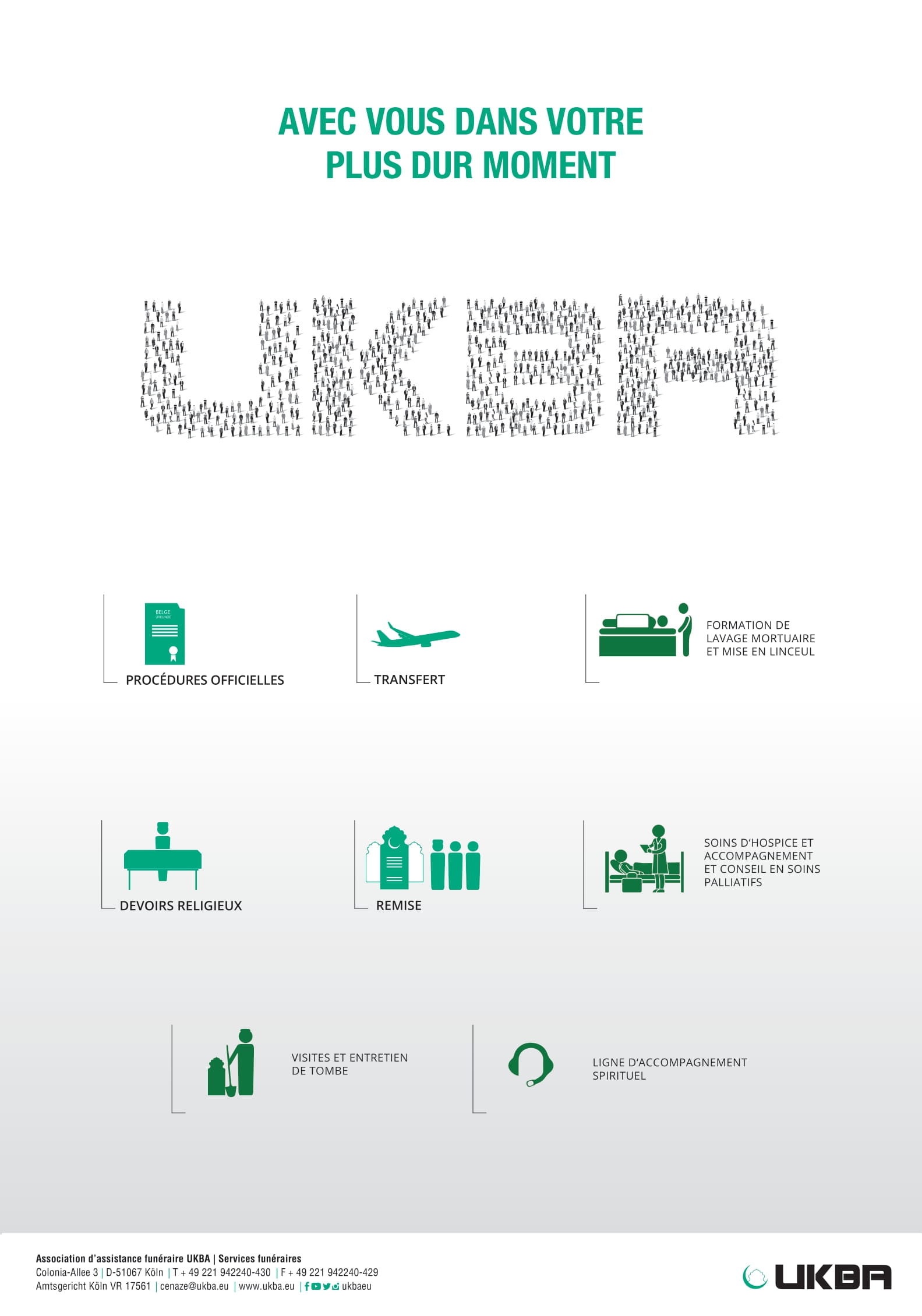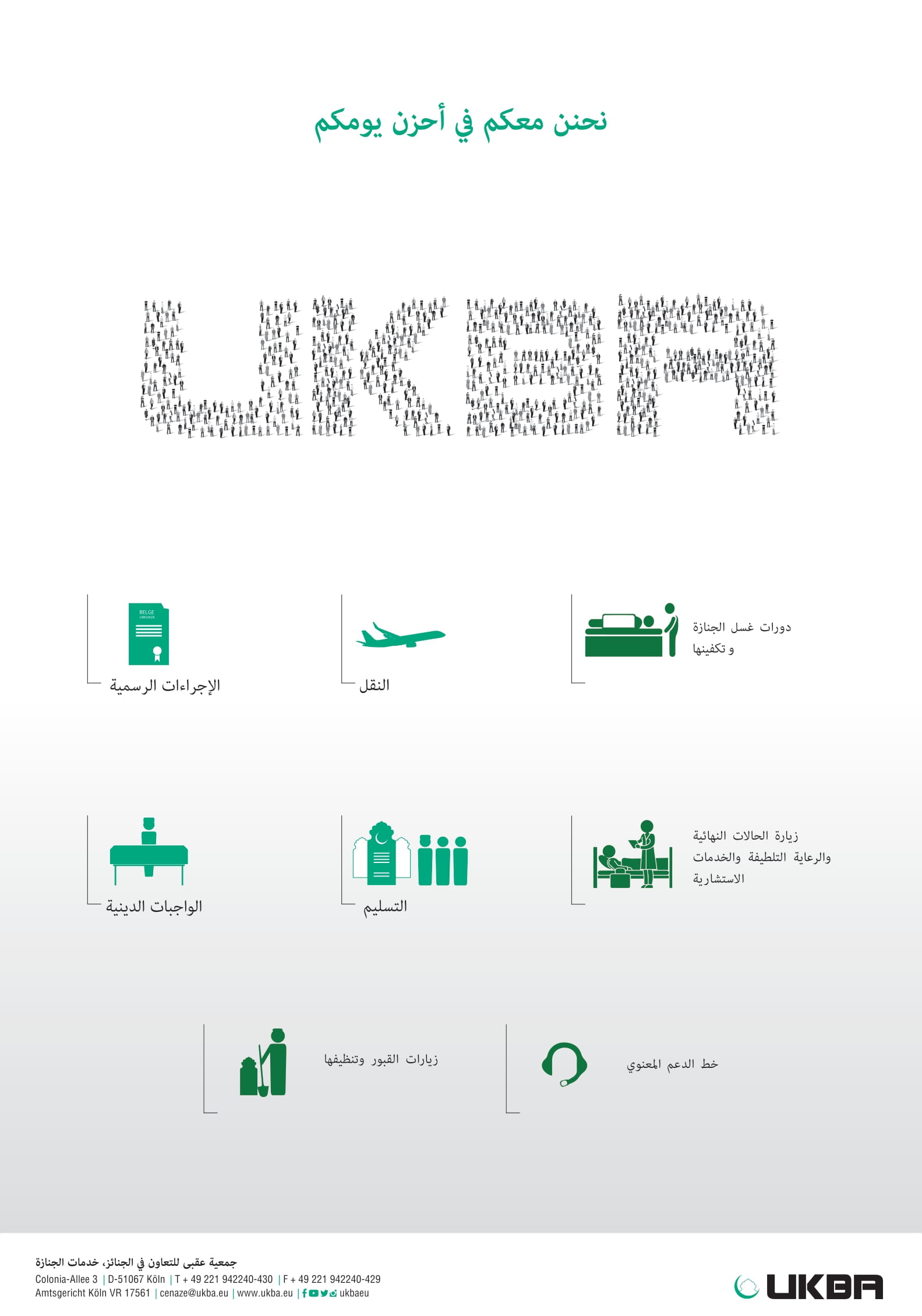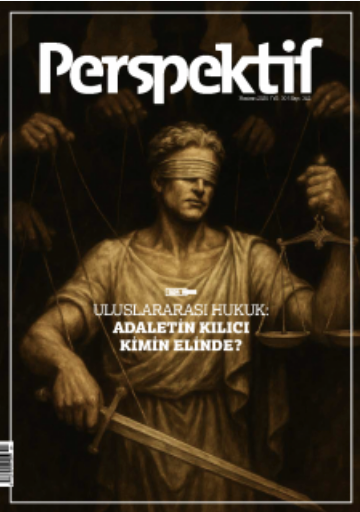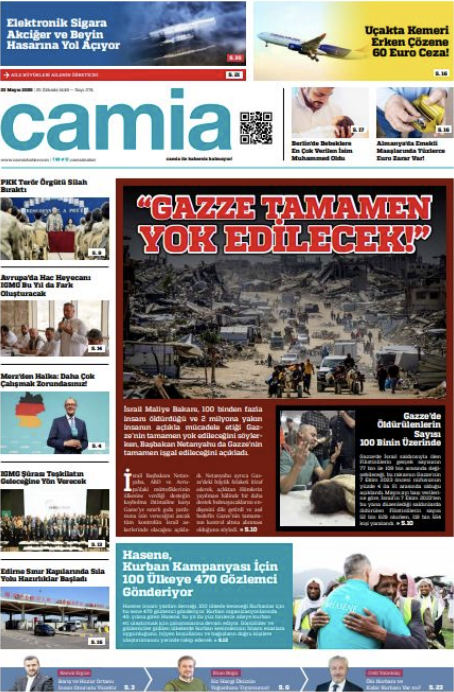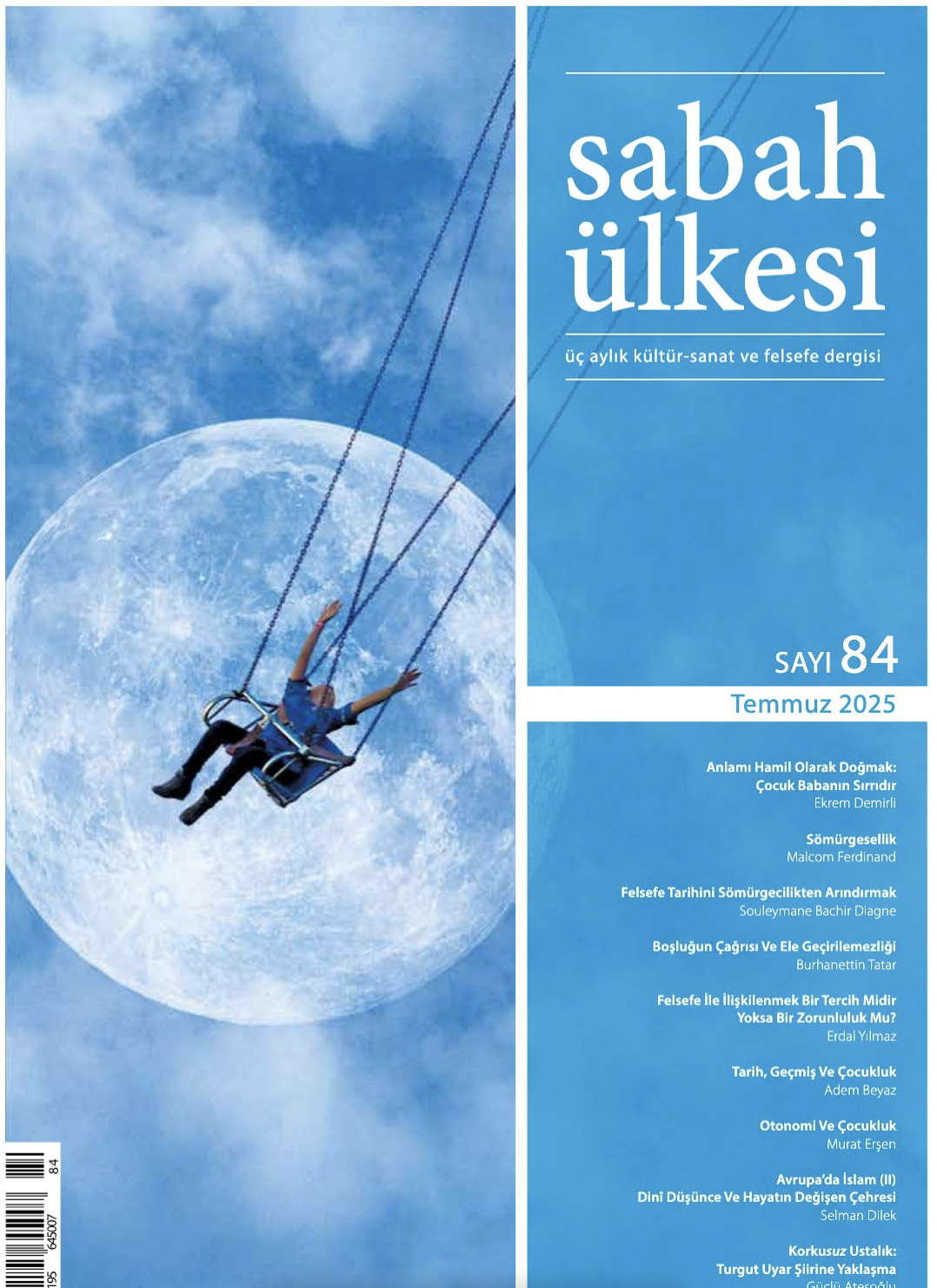Islam is the second largest religion in the world. Most of its 1,6 billion adherents live in South Asia and Africa.
Islam first occurred in the 7th century C. E. in Mecca, a city in modern-day Saudi Arabia. There, the archangel Gabriel conveyed the first verses of the Qur’ran to the Prophet Muhammad. For Muslims, the Qur’an is God’s word. It stands in the same ranks with the Torah, the Gospel, and the Psalms. Muslims believe that since He created man, Allah has sent Prophets to convey the same universal message. The Prophet Muhammad is the “seal”, i. e. the last of them. His words and deeds are exemplary.
Islam rests on the belief in Allah’s oneness and unity. Allah possesses absolute perfection, and He alone is worthy of worship. The “99 names” comprise all divine qualities mentioned in the Qur’an. Two of them are of particular importance: More than a hundred times Allah is referred to as “Rahman” (the All-Merciful) and “Raheem” (the Most Gracious).
The belief in divine oneness and the prophethood of Muhammad are part of the Islamic creed (Shahada), the first of the “Five Pillars”. This term refers to the basic acts of worship every adult healthy Muslim has to perform. Beside the Shahada, they comprise the Fast of Ramadan, the alimony (Zakat), the pilgrimage (Hajj), and the five daily prayers (Salah).
Prayer is a vital part of a Muslim’s daily routine. It is both an expression of submission and an opportunity to pause for a few minutes, to become aware of life’s meaning, and to recharge energy.
The supplication (Dua) has neither fixed times nor outer conditions. It can be said at any time and in any language.
Apart from the daily prayers, there are some special prayers which are performed only occasionally. Among them are the weekly Friday Prayer, the Tarawih prayer during Ramadan, and the two festive prayers. These special prayers require a congregation and are led by an Imam. The tasks of an Imam, however, a broader than just leading congregational prayers. He is a religious educator, an advisor, and a counsellor.
Mosques are places of worship, but they also serve as centers of community life. As part of a worldwide Ummah, Muslim communities work to promote social commitment as well as solidarity with people in need. No matter their age or gender, all community members are encouraged to support each other in doing good deeds.
Relief for people in need, the strife for knowledge and education, and acting just in every situation are an expression of an attitude towards life which is nourished by Islamic principles. A Muslim always seeks to win Allah’s pleasure and is thus eager to take responsibility and be helpful. This personal spiritual strife is called “Jihad”.








